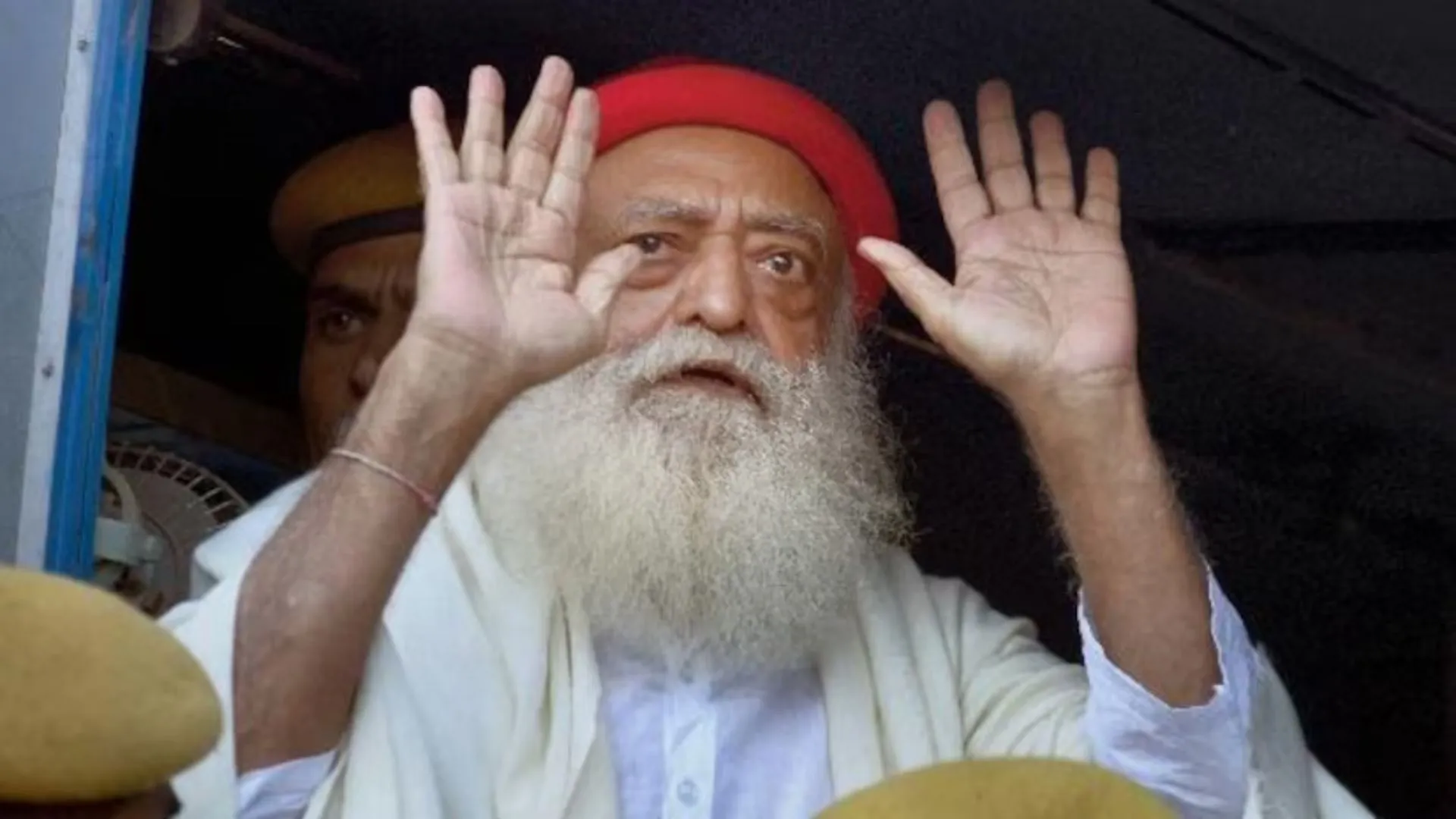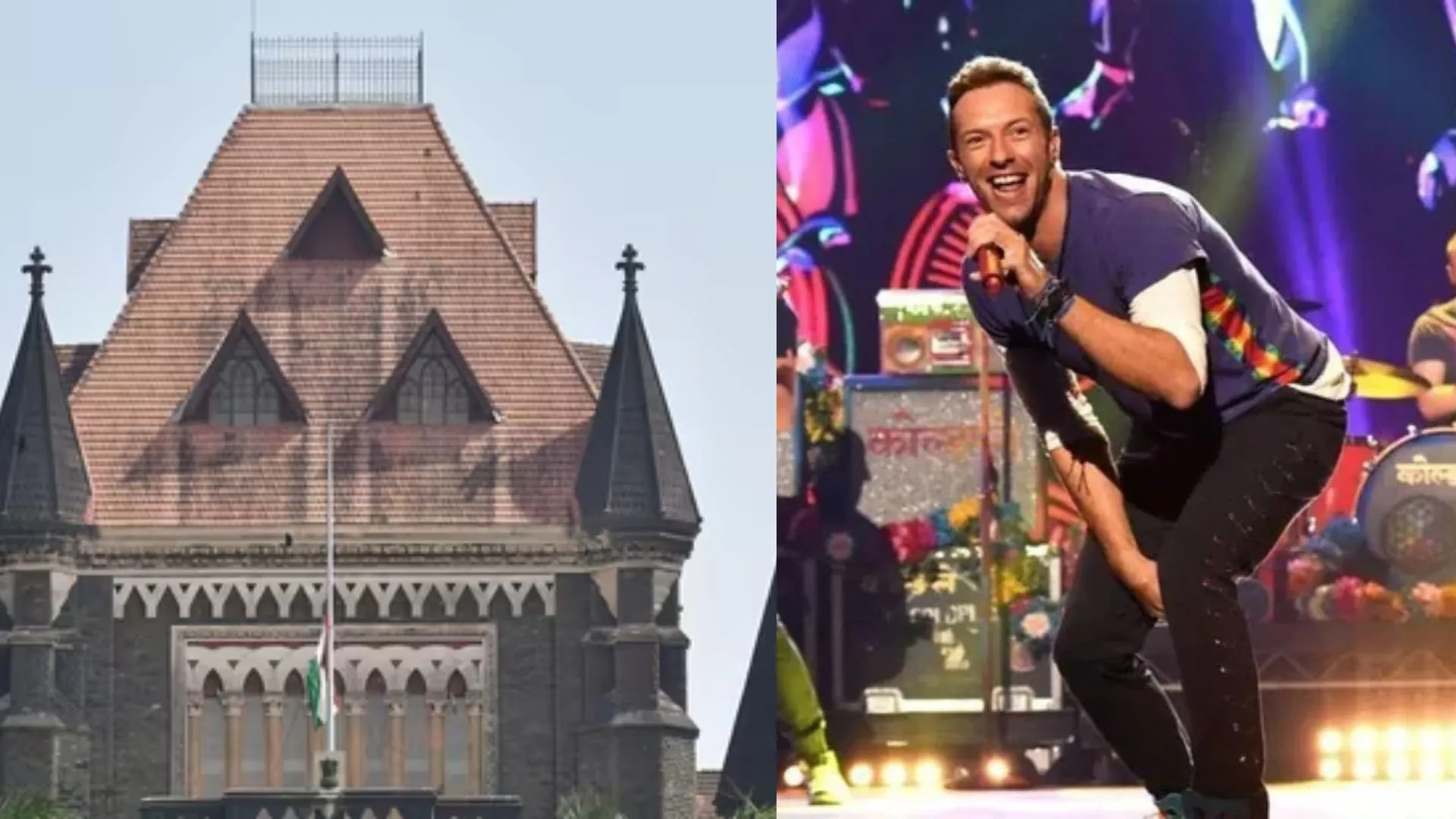The Supreme Court in the case Rabina Ghale and another versus Union of India and others observed and has stayed criminal proceedings against Indian Army Officers accused of killing civilians in Nagaland, while taking into note the mandatory previous sanction as required as stated under Section 6 of the Armed Forces (Special Powers) Act, 1958 has not been obtained.
It was alleged by them that on December 4, 2021, fired at a pickup truck carrying eight miners in eastern Nagaland’s Oting village. Later, a FIRs under Sections 302, 307, 326, 201, 34 with Section 120-B of the Indian Penal Code, 1860 were lodged in connection with this incident. Following this incident, it was held by the special session of Nagaland Assembly that “unanimously resolved” to demand the Government of India to repeal Armed Forces Special Powers Act, 1958 specifically from Nagaland, from the North East.
Last month, in the Charge sheet filled by the Nagaland Police, Thirty Indian Army personnel, including a Major.
By filling a writ petition, some of the wives of these officers had approached the Apex court, seeking quashing of Suo Moto FIR against the officers.
While considering these petitions, the court noted that the Armed Forces (Special Powers) Act, 1958 is applicable to the place in Nagaland where the incident took place. As stated under Section 6 of the Armed Forces (Special Powers) Act, 1958 stipulates that ‘No prosecution, suit or other legal proceedings shall be instituted except with the previous sanction of the Central Government and against any person in respect of anything done or purported to be done in exercise of the powers conferred by this Act.
The Additional Solicitor General informed the bench that no previous sanction has been granted by the Central Government and that the question of sanction is awaiting consideration at the appropriate level.
In its order, the bench observed that in view of the admitted position that mandatory previous sanction as required under Section 6 of the Armed Forces (Special 4 Powers) Act, 1958 has not been obtained and the court is constrained to pass an interim order staying further proceedings pursuant to 2021 for FIR No. 27 of chargesheet/Final Report of the Special Investigation Team.
Accordingly, it was noticed by the court that the similar writ petition has been entertained by close family members of officers of the Indian Army.























